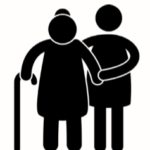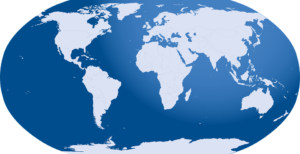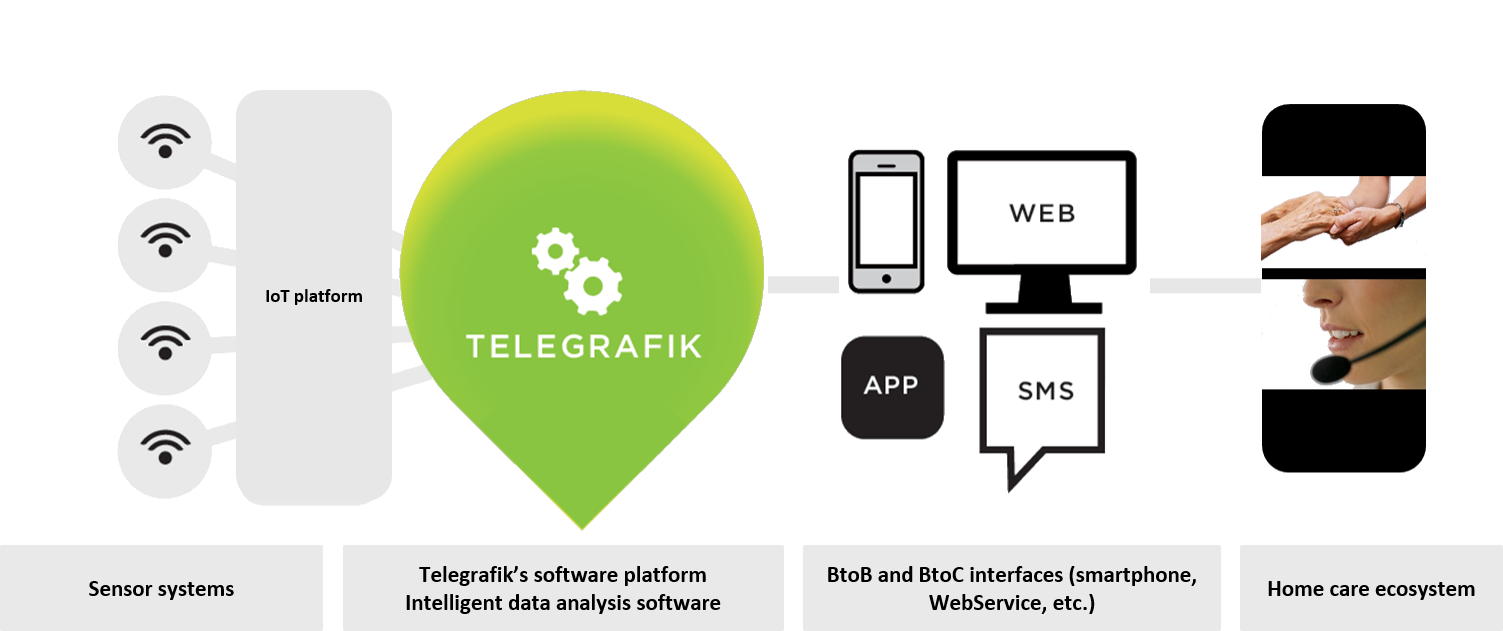Our ageing population is a reality which must profoundly modify how our society functions, as shown by the following 3 key points:
1. Life expectancy will increase by 8 years globally:
 We are going to live for longer than ever before in the history of humanity. A National Institutes of Health (NIH) study in the United States predicts that life expectancy at birth will increase by 8 years by 2050 globally. In 2015, life expectancy was 68.6 years; it will increase to 76.2 years in 2050.
We are going to live for longer than ever before in the history of humanity. A National Institutes of Health (NIH) study in the United States predicts that life expectancy at birth will increase by 8 years by 2050 globally. In 2015, life expectancy was 68.6 years; it will increase to 76.2 years in 2050.
100% of European countries have ageing populations, a consequence of very low birth rates and increased life expectancy.
2. In 30 years, 1.5 billion people will be over 65:
524 million people were over 65 years old, in 2010. In 2050, this figure will rise to 1.5 billion. The largest increases will be in developing countries. In the next 15 years, the number of people aged over 65 will grow by 71% in Latin America and the Caribbean, 66% in Asia and 64% in Africa.
3. 60% of seniors have more or less serious chronic diseases:
 Ageing populations are a challenge for all of us because of their fragile health. 60% of seniors have a more or less serious chronic condition according to a study conducted by IBM in 2015.
Ageing populations are a challenge for all of us because of their fragile health. 60% of seniors have a more or less serious chronic condition according to a study conducted by IBM in 2015.
This study also shows that these populations suffer from memory problems. This loss of autonomy must be accompanied by reassuring answers.
So in this context, how can Big Data help these ageing populations?
Big Data will be a key element in the care and support of ageing populations.
Health will be connected with the Internet of Things, and care will be coupled with smart care solutions. Thus, the health of an individual will be analysed from large sets of concrete data from connected solutions.
The Telegrafik platform is at the forefront of applications that will allow us to take care of our loved ones weakened by age. The use of sensors, coupled with a machine learning model, already allows the Otono-me telecare service, which relies on the Telegrafik platform’s artificial intelligence, to reassure us.
In the future, services of this type will expand, and will allow even more comprehensive support for vulnerable people and their loved ones, as well as for the professionals who surround them.



